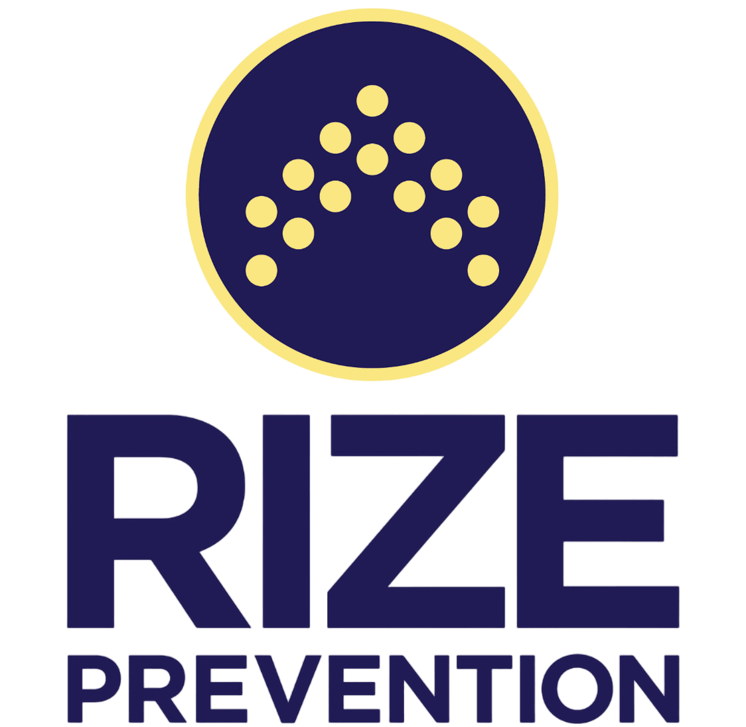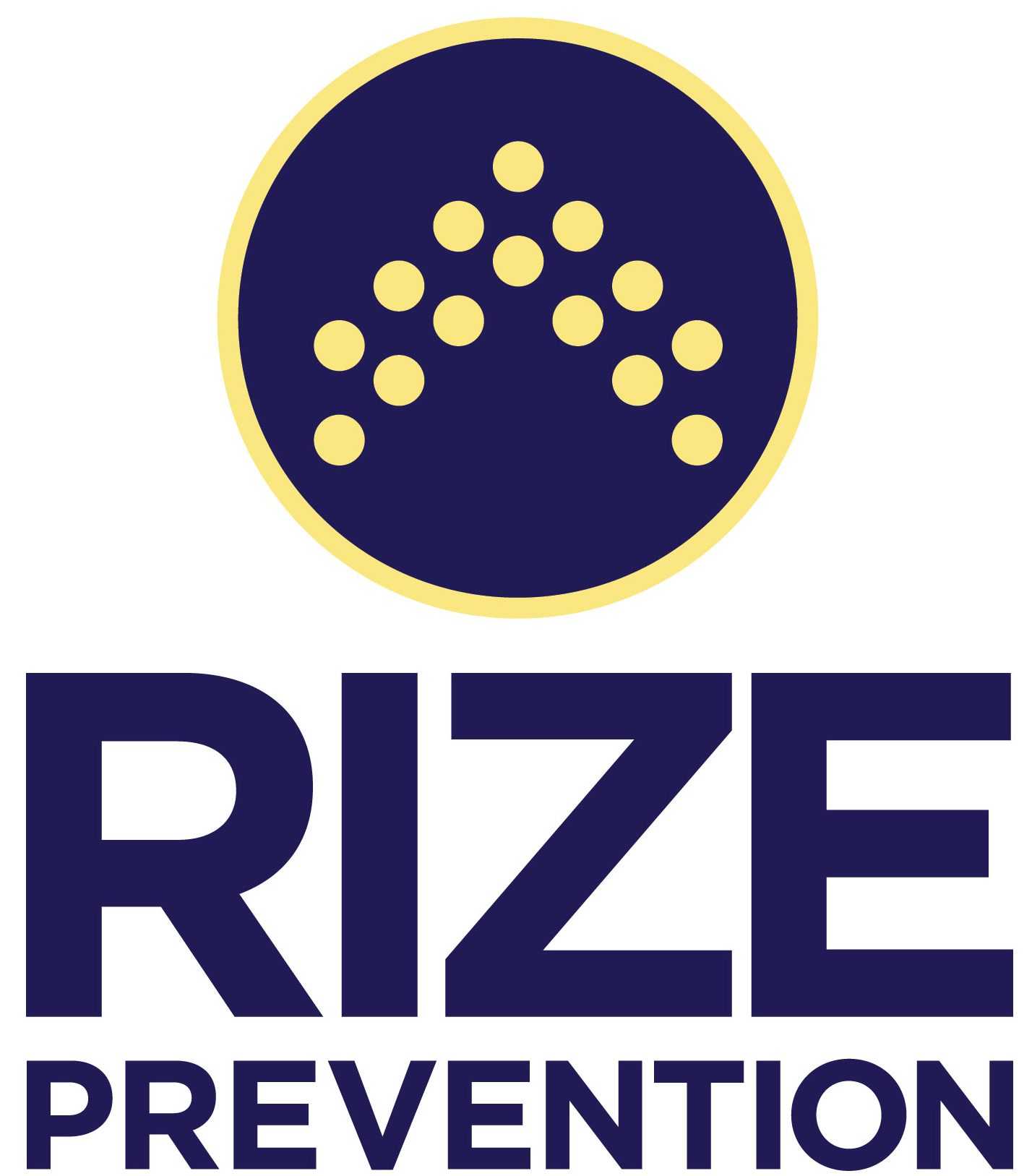A new small-scale but significant study has raised concerns about the impact of marijuana use—whether smoked or consumed as edibles—on cardiovascular health. Researchers found that healthy individuals who regularly used marijuana showed early signs of cardiovascular disease, with vascular damage mirroring that seen in tobacco smokers.
This marks the first study to closely examine THC’s direct effects on human vascular function, offering a scientific explanation for the long-observed link between cannabis use and later heart disease. It found that both smoking marijuana and ingesting THC via edibles could impair blood vessel function, though through different mechanisms.
Alarming Reductions in Vascular Function
The study measured vascular function among 55 participants aged 18 to 50, divided into three groups: marijuana smokers, THC-edible users, and nonusers. Results revealed that vascular function was reduced by 42% in marijuana smokers and a striking 56% in edible users compared to nonusers. This impairment suggests early endothelial damage—the inner lining of blood vessels—which is a precursor to heart attacks, strokes, and other serious cardiovascular conditions.
Further lab tests revealed that blood serum from marijuana smokers significantly reduced nitric oxide production in endothelial cells by 27%. Nitric oxide is essential for blood vessel dilation and overall heart health. Interestingly, serum from THC-edible users did not show the same direct harm to endothelial cells, suggesting that the act of smoking—independent of THC content—plays a critical role in vascular damage.
Double the Risk: Smoke and THC
The findings emphasize a “double hit” of harm from marijuana smoking: the toxic effects of smoke and the biological impact of THC. This is consistent with previous animal studies that demonstrated vascular impairment even in the absence of cannabinoids and supports longstanding evidence that tobacco smoke alone can damage cardiovascular health.
Researchers stress that while this study shows association—not causation—it adds to growing data suggesting a clear cardiovascular risk linked to cannabis use. Daily marijuana use, for instance, has been associated with a 42% higher risk of stroke and a 25% higher risk of heart attack, even among people with no prior heart conditions or tobacco use.
Calls for Caution and Further Research
The American Heart Association has long advised against smoking or vaping any substance, including cannabis, due to potential harm to the heart, lungs, and blood vessels. This study strengthens that stance, especially as marijuana use continues to rise and public perception shifts toward considering it a harmless or even healthy substance.
Researchers are now calling for further studies to determine safer dosage levels—especially for edibles—and to better understand the long-term cardiovascular impact of various forms of marijuana use.
As legalization and accessibility expand, this study serves as a timely reminder that “natural” doesn’t always mean “safe”—especially when it comes to heart health.
https://www.cnn.com/2025/05/28/health/marijuana-edibles-heart-damage-wellness?iid=cnn
_
ContentRecirc
end
recirc

